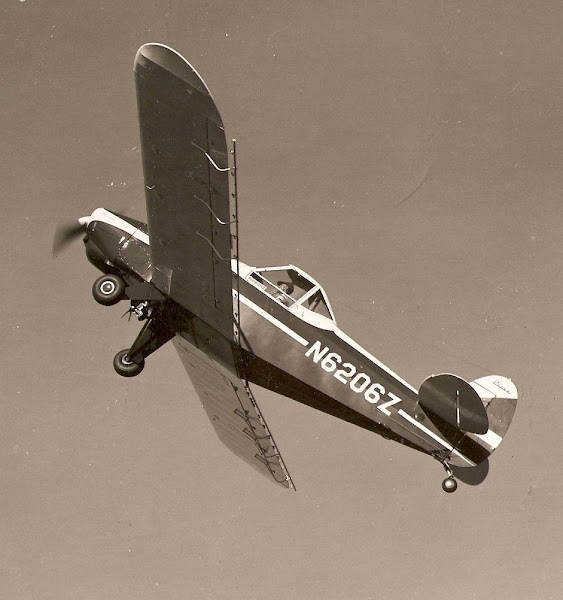Emile, Honore, and Victoria Morancy had escaped with their parents to Santo Domingo during the French Revolution. They were members of the illustrious Montmorancy family, parents who descended from French nobility. Their parents were slain by a mob during 1791 during the revolution in that country (Santo Domingo). The children were saved by a nurse, who hid them  in a hogshead (a barrel) and rolled them aboard a ship owned by Stephen Girard, bound for Philadelphia. Through his kindness the children were placed with Girard's influential associates. After reaching the city of brotherly love, Emile was adopted by Charles Carroll of Carrollton, the great statesman, philosopher, and signer of the Declaration of Independence. Honore was taken in by a French abbot. Both boys were educated, Emile to be a *doctor, Honore' a teacher.
in a hogshead (a barrel) and rolled them aboard a ship owned by Stephen Girard, bound for Philadelphia. Through his kindness the children were placed with Girard's influential associates. After reaching the city of brotherly love, Emile was adopted by Charles Carroll of Carrollton, the great statesman, philosopher, and signer of the Declaration of Independence. Honore was taken in by a French abbot. Both boys were educated, Emile to be a *doctor, Honore' a teacher.
 in a hogshead (a barrel) and rolled them aboard a ship owned by Stephen Girard, bound for Philadelphia. Through his kindness the children were placed with Girard's influential associates. After reaching the city of brotherly love, Emile was adopted by Charles Carroll of Carrollton, the great statesman, philosopher, and signer of the Declaration of Independence. Honore was taken in by a French abbot. Both boys were educated, Emile to be a *doctor, Honore' a teacher.
in a hogshead (a barrel) and rolled them aboard a ship owned by Stephen Girard, bound for Philadelphia. Through his kindness the children were placed with Girard's influential associates. After reaching the city of brotherly love, Emile was adopted by Charles Carroll of Carrollton, the great statesman, philosopher, and signer of the Declaration of Independence. Honore was taken in by a French abbot. Both boys were educated, Emile to be a *doctor, Honore' a teacher. Later the two brothers migrated to Millikin's Bend, where they came to be cotton planters and policticians. This location is now in Madison Parish, but was first a part of Ouachita, and for a while a part of Carroll. Most of therse early settlers had money when they came to the new land. With hard labor the slaves cleared the land with axe and saw, built canals, and cultivated the crops. Settlers purchased large tracts of land and began to live the good life they had been used to elsewhere.Dr. Emilus Morancy, trustee of public school funds in Ward 1, and his brother Honore' Perigny Morancy gave 320 acres to Reverend William H. Elder of Natchez, a Catholic Bishop. Honore' and his wife, Eliza Jane (Lowry), purchased 135 shares in the Union Bank of Louisiana created and incorporated by an act of the Legislature and approved on April 21, 1832.
in Ward 1, and his brother Honore' Perigny Morancy gave 320 acres to Reverend William H. Elder of Natchez, a Catholic Bishop. Honore' and his wife, Eliza Jane (Lowry), purchased 135 shares in the Union Bank of Louisiana created and incorporated by an act of the Legislature and approved on April 21, 1832.
 in Ward 1, and his brother Honore' Perigny Morancy gave 320 acres to Reverend William H. Elder of Natchez, a Catholic Bishop. Honore' and his wife, Eliza Jane (Lowry), purchased 135 shares in the Union Bank of Louisiana created and incorporated by an act of the Legislature and approved on April 21, 1832.
in Ward 1, and his brother Honore' Perigny Morancy gave 320 acres to Reverend William H. Elder of Natchez, a Catholic Bishop. Honore' and his wife, Eliza Jane (Lowry), purchased 135 shares in the Union Bank of Louisiana created and incorporated by an act of the Legislature and approved on April 21, 1832.Honore' Morancy, State Senator and resident of Millikin' Bend, elected to the state legislature to  the present Ouachita Parish in the late 1820s. Soon afterwards, he introduced a bill to divide Ouachita Parish, which was passed in 1832. The new parish was named Carroll in honor of Emile's foster father, Lake Providence became the seat of government.
the present Ouachita Parish in the late 1820s. Soon afterwards, he introduced a bill to divide Ouachita Parish, which was passed in 1832. The new parish was named Carroll in honor of Emile's foster father, Lake Providence became the seat of government.
 the present Ouachita Parish in the late 1820s. Soon afterwards, he introduced a bill to divide Ouachita Parish, which was passed in 1832. The new parish was named Carroll in honor of Emile's foster father, Lake Providence became the seat of government.
the present Ouachita Parish in the late 1820s. Soon afterwards, he introduced a bill to divide Ouachita Parish, which was passed in 1832. The new parish was named Carroll in honor of Emile's foster father, Lake Providence became the seat of government.In Lake Providence Misses Mary and Carrie Jackson, late residents, whose home was at the corner of Brown and 1st Streets, were granddaughters of Honore' Morancy. Mrs. Ella Noland Bell, another resident, and her family, were descendants of Emile Morancy.
*NOTE: IN THE BOOK "A PLACE TO REMEMBER", HEALTH CHAPTER, LISTS EMILIUS MORANCY AS BEING A PHYSICIAN IN CARROLL PARISH IN 1834, WHEN HE WAS FIRST MENTIONED IN THE NEWSPAPERS.














